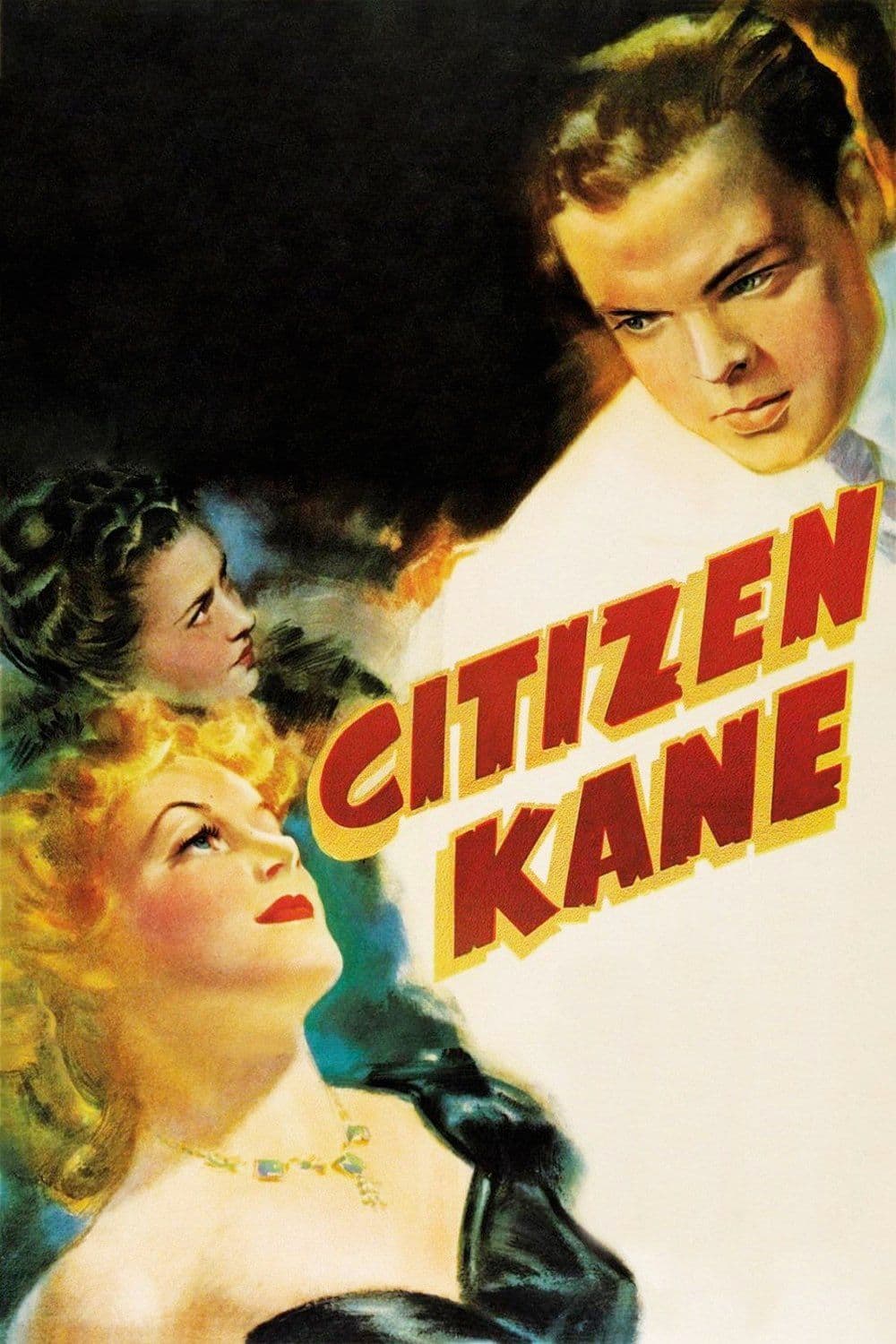
Citizen Kane
1941
Rate this movie
Average: 5.00 / 5
(1 votes)
Director
Citizen Kane (1941) is much more than just a film: it is a milestone in cinema history, a revolutionary work that redefined cinematic language and influenced generations of filmmakers, creating a kind of iconographic database to draw upon.
Orson Welles, with his precocious genius and creative audacity, created a work of extraordinary complexity and depth, an ambitious and multifaceted fresco of the life of a powerful and controversial man, Charles Foster Kane.
The film, through an innovative narrative structure and a masterful use of cinematic techniques, delves into the protagonist's psyche, exploring his dreams, his ambitions, his failures, and the mystery surrounding his life.
Citizen Kane is, in a way, CINEMA itself: a work of unparalleled evocative intensity and iconographic talent.
Welles once said in an interview, "I don't think any sequence of images can encompass a man's life," yet when his film opens with the death of its protagonist and a celebrated long take subsequently casts the camera's gaze upon the word "Rosebud" imprinted on a sled thrown into the flames, one is immediately immersed in this man's life, and the vortex of memories can begin to unleash its enchantments.
The film thus opens with the death of Charles Foster Kane, a publishing magnate and businessman of immense power, in his opulent mansion, Xanadu.
His last words, "Rosebud," trigger the curiosity of a journalist, Jerry Thompson, who embarks on an investigation to unravel the mystery behind this enigmatic word and Kane's true nature.
The narrative unfolds like a journalistic investigation, a narrative puzzle that comes together through the memories and testimonies of those who knew Charles Foster Kane.
From his modest childhood to his rise to power as a publishing magnate, the film retraces the pivotal stages of Kane's life, showing his contradictions, his unbridled ambitions, his tormented loves, and his growing loneliness.
Thompson begins to gather information about Kane's life, interviewing friends, associates, and family members.
Through a series of flashbacks, the viewer is led on a journey back in time, revisiting the fundamental stages of the magnate's life.
Kane, of humble origins, is torn from his family and entrusted to a guardian due to a fortuitous inheritance.
This separation will leave an indelible mark on his psyche, fueling a sense of abandonment and a constant search for affection and approval.
Kane begins his career in journalism, taking control of a small newspaper and transforming it into a media empire.
Driven by ideals of justice and public service, Kane commits to giving a voice to the people and denouncing corruption.
However, his ambition and thirst for power will lead him to make morally questionable choices and sacrifice his personal relationships.
Kane marries twice: first, Emily Norton, the niece of the President of the United States, a marriage destined to fail due to his incapacity to love and his obsession with work.
The second marriage is to Susan Alexander, a young singer of limited talent, whom he tries to turn into an opera star.
This relationship is also destined to fail, due to Kane's possessive and controlling nature.
Kane, after reaching the pinnacle of success, suffers a series of defeats and humiliations.
His governorship candidacy fails due to a scandal, his media empire begins to decline, and his loved ones abandon him.
Kane retreats to his opulent mansion, Xanadu, where he lives isolated and bitter, surrounded only by his memories and his regrets.
At the end of the film, the mystery of "Rosebud" is revealed: it is the name of the sled Kane played with as a child, a symbol of his lost childhood and his inability to find happiness.
Welles unfurls a filmmaking repertoire never before seen, using every expressive means available to delineate the power of the word, the media force of the Logos through the resonance of Newspapers and Television.
A film that makes any attempt to contextualize it, as has been done, seem futile, but which remains a great work of human ingenuity, a timeless masterpiece.
The camera recounts what physical narration could not express, a work primarily iconic, then epic and multi-textual.
The film shows how mass media, particularly newspapers, can be used to shape public opinion, influence politics, and build or destroy an individual's reputation.
Kane's words, amplified by his newspapers, have an enormous impact on public opinion and people's lives.
Welles brilliantly anticipates one of the great issues of our time: the power of the word amplified by the media.
Citizen Kane is a profound reflection on language, investigating the relationship between language, thought, and reality.
Welles draws upon many thinkers who have investigated the power of language, and he clearly makes this apparent in the film.
Bertrand Russell, in his theory of denotation, analyzes the meaning of proper names and their relation to objects in the world.
In Citizen Kane, the name Rosebud becomes an enigma that obsesses the characters and the audience, a proper name that seems to conceal a deep and elusive meaning.
The search for the meaning of Rosebud can be seen as a metaphor for the search for the meaning of life itself.
Russell also argued that language should reflect the structure of reality, but he also recognized the limitations and ambiguities of language.
In Citizen Kane, language is a powerful, but also deceptive, tool.
Kane uses his newspapers to manipulate public opinion and create a distorted version of reality.
The film invites us to be critical of language and not to confuse words with the reality they represent.
Furthermore, Wittgenstein, in his "Tractatus Logico-Philosophicus" and "Philosophical Investigations," developed a conception of language as a set of "language games," that is, activities governed by specific rules and conventions.
The meaning of a word is not given by a correspondence with reality, but by its use within a specific language game.
In Citizen Kane, the meaning of "Rosebud" is an example of how the meaning of a word can be multiple and depend on the context and the speaker's intentions.
Wittgenstein emphasized the limits of language and the impossibility of expressing everything that is thinkable.
In Citizen Kane, the mystery surrounding Kane's life and the meaning of "Rosebud" suggest that there are aspects of human experience that elude complete understanding and cannot be expressed in words.
Citizen Kane is a film that offers interesting insights for a reflection on the philosophy of language.
The ideas of Russell and Wittgenstein on the nature of meaning, the limits of language, and the relationship between language and reality find resonance in the events of Charles Foster Kane's life and in his relationship with media power.
Welles's film, which is a faithful mirror of his thought, invites us to be aware of the power and ambiguities of language, and to be vigilant about its impact on our lives and society.
Country
Gallery
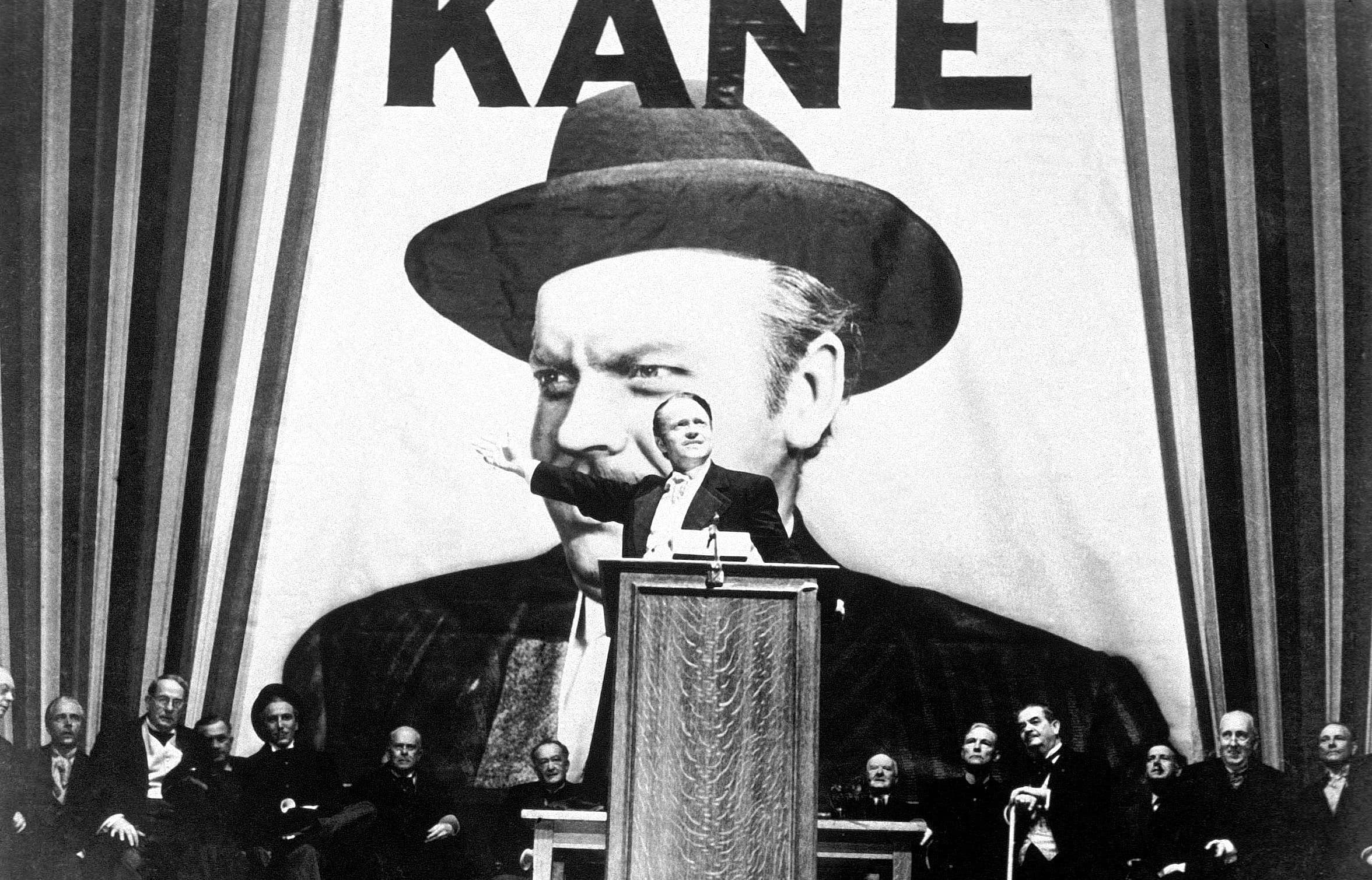
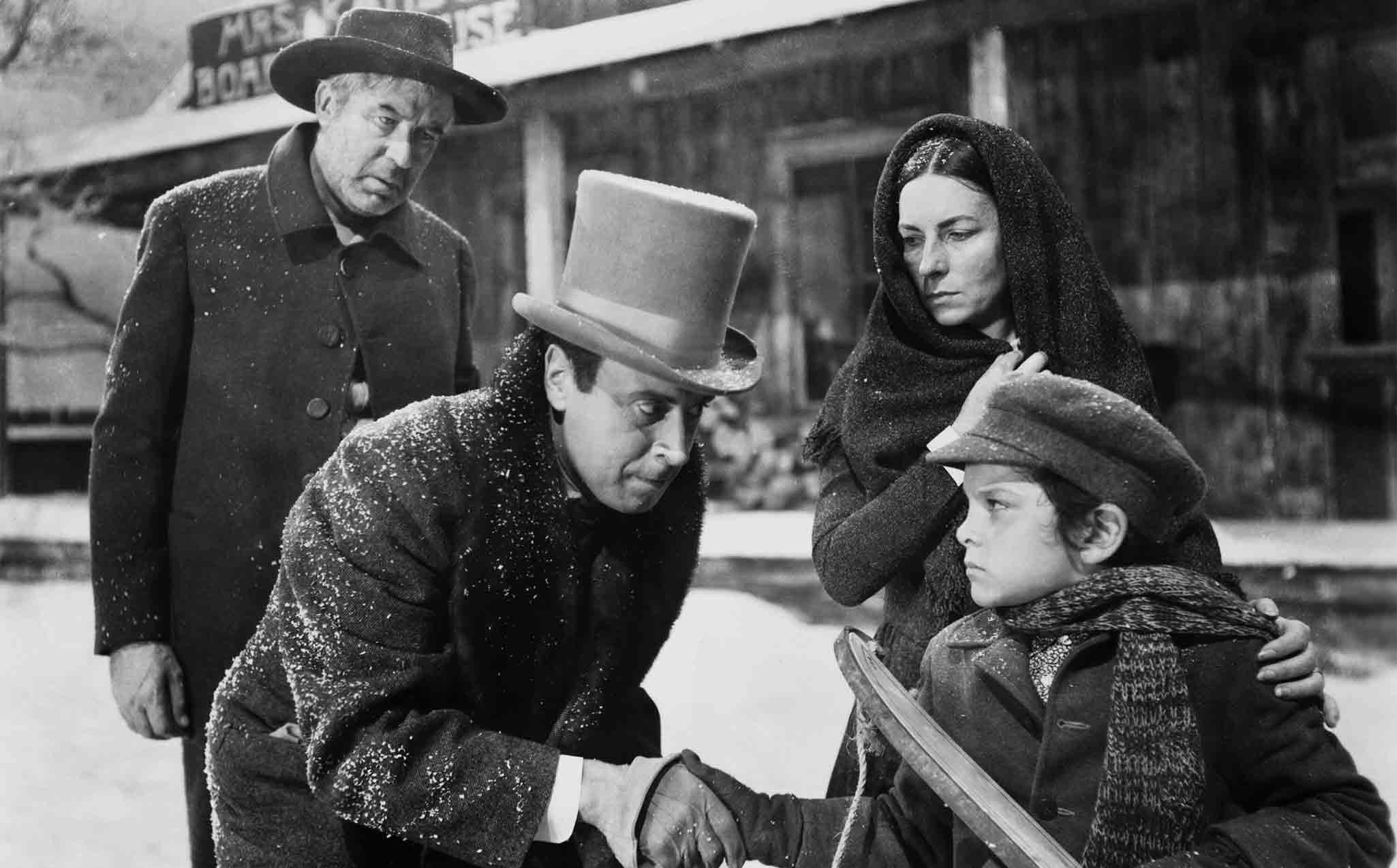
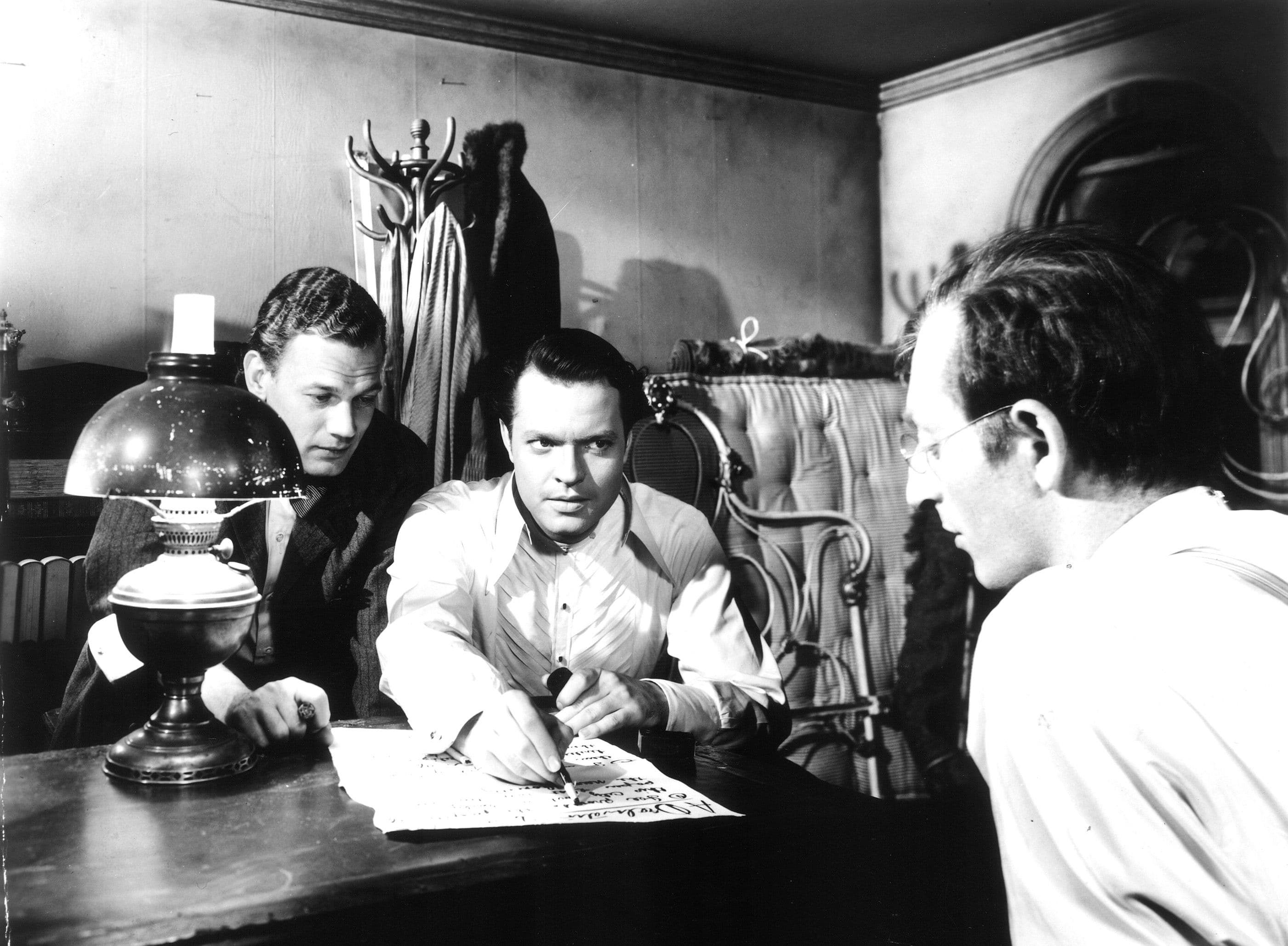
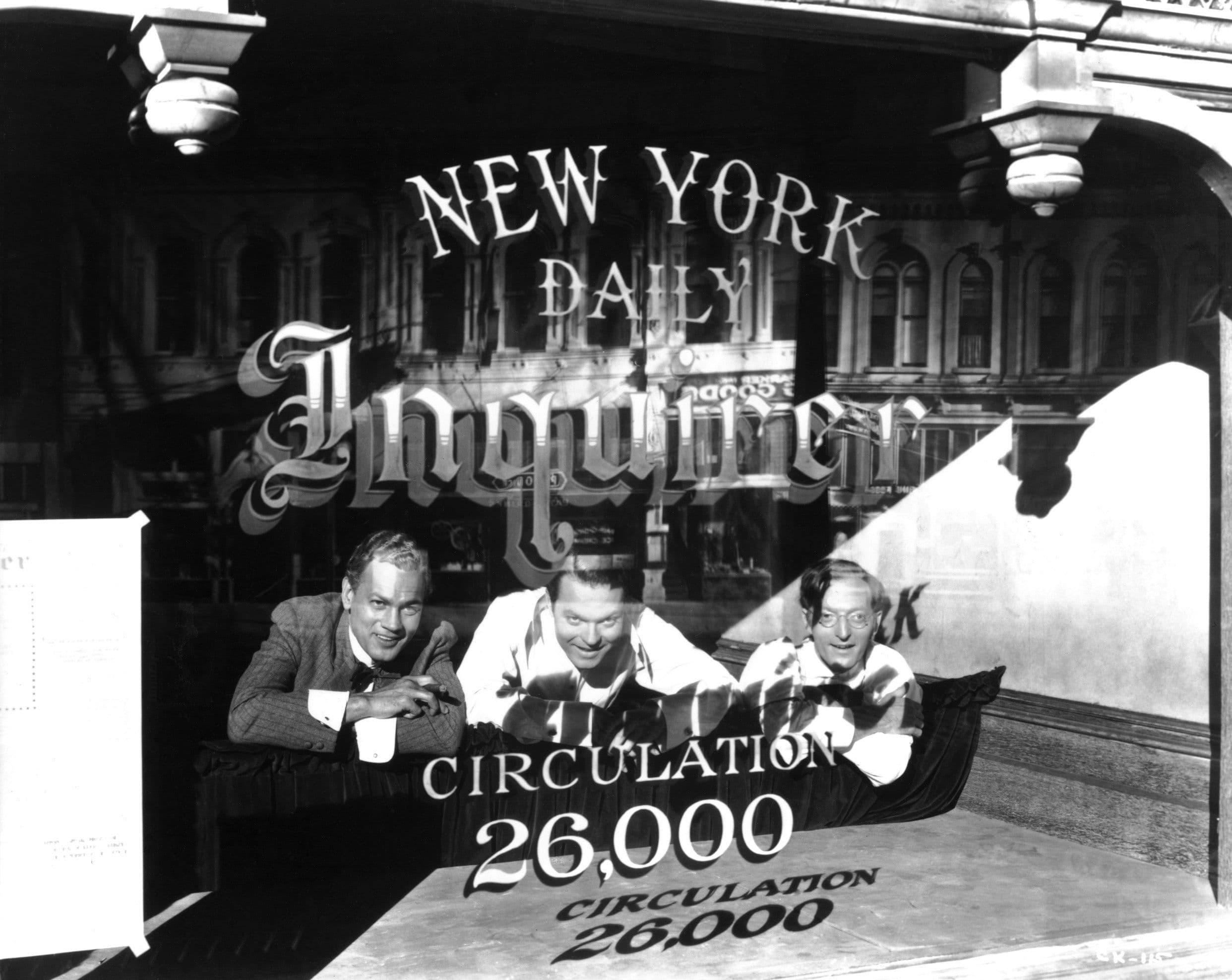
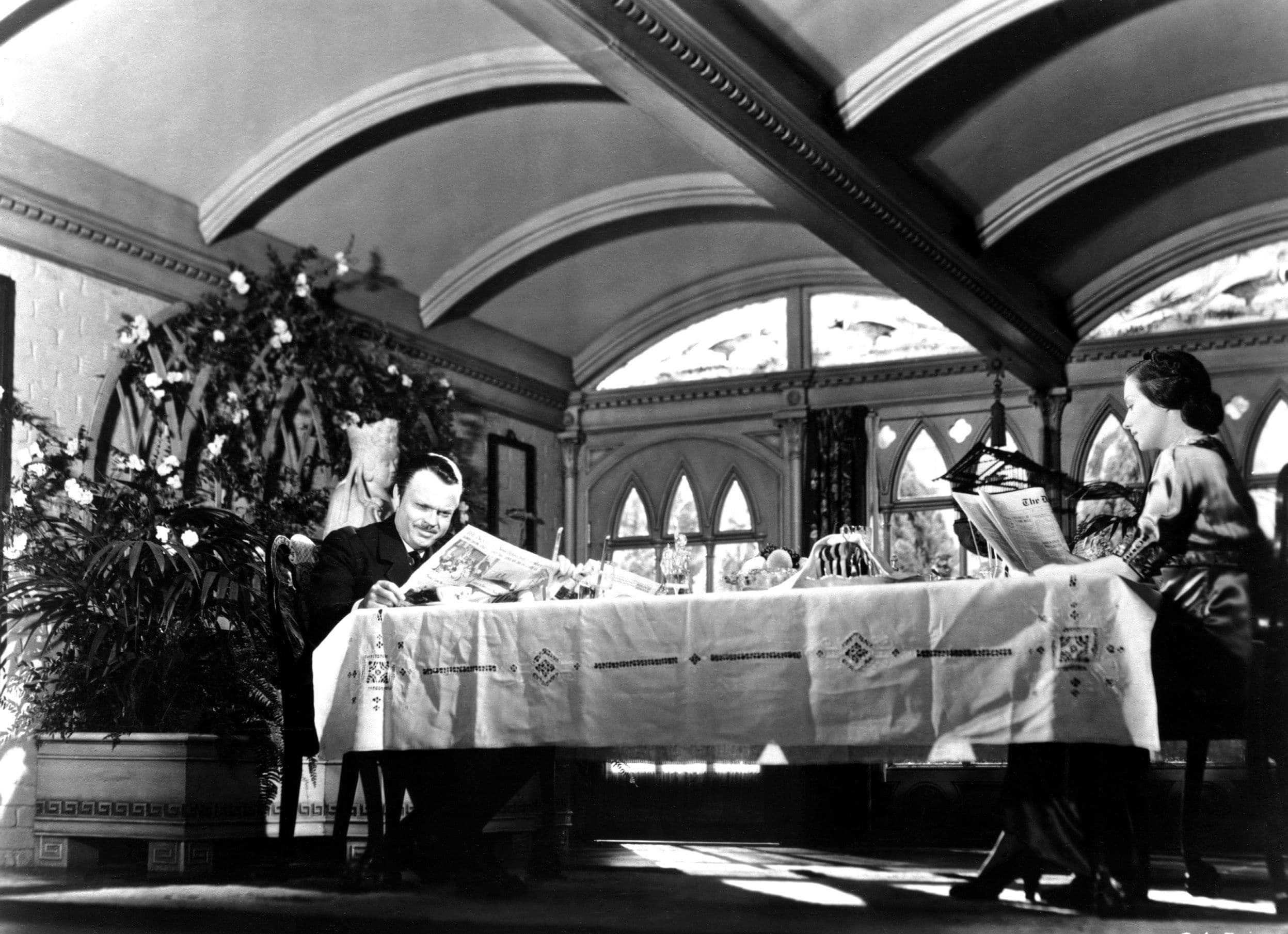

Featured Videos
Official Trailer
Comments
Loading comments...